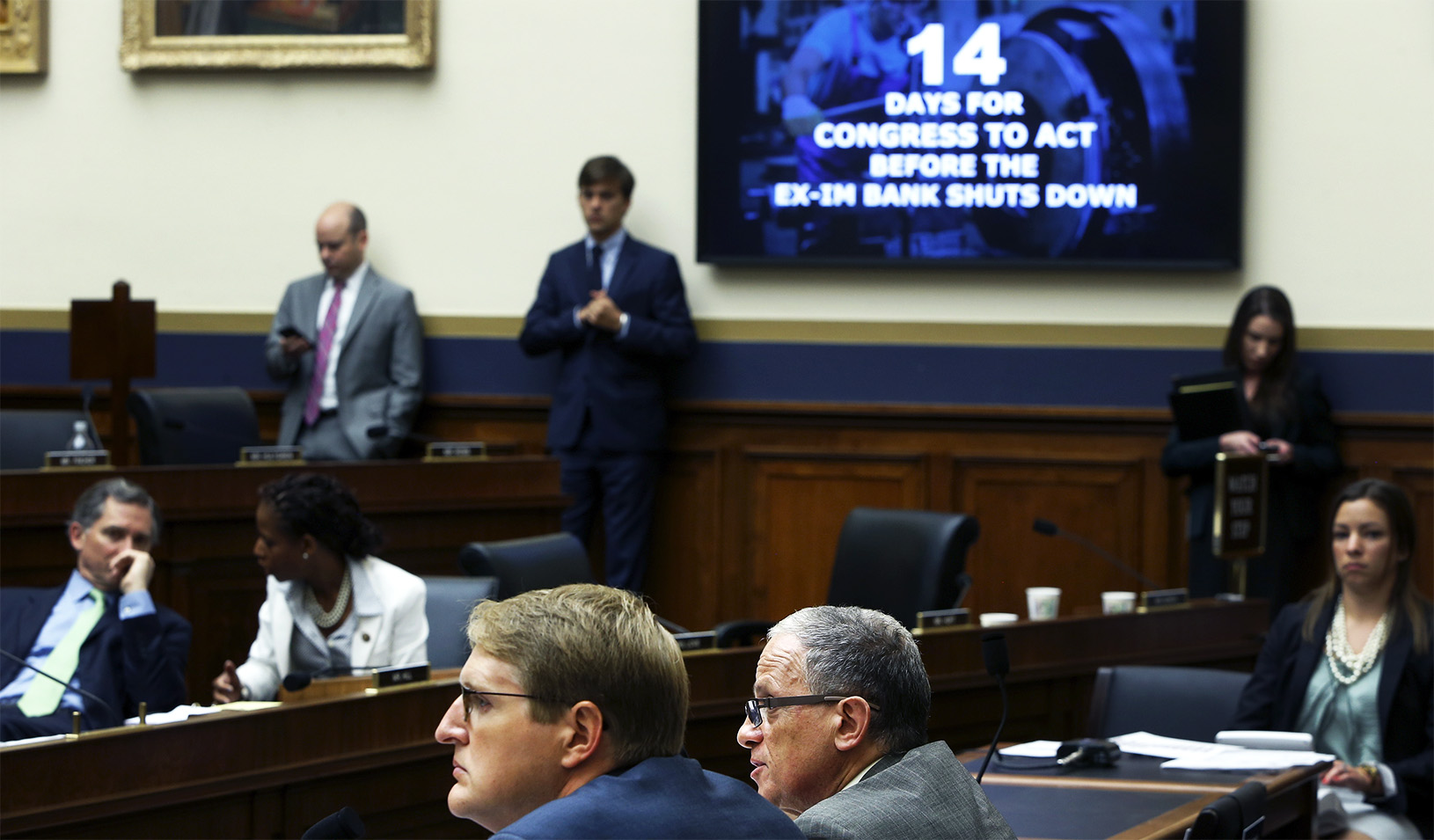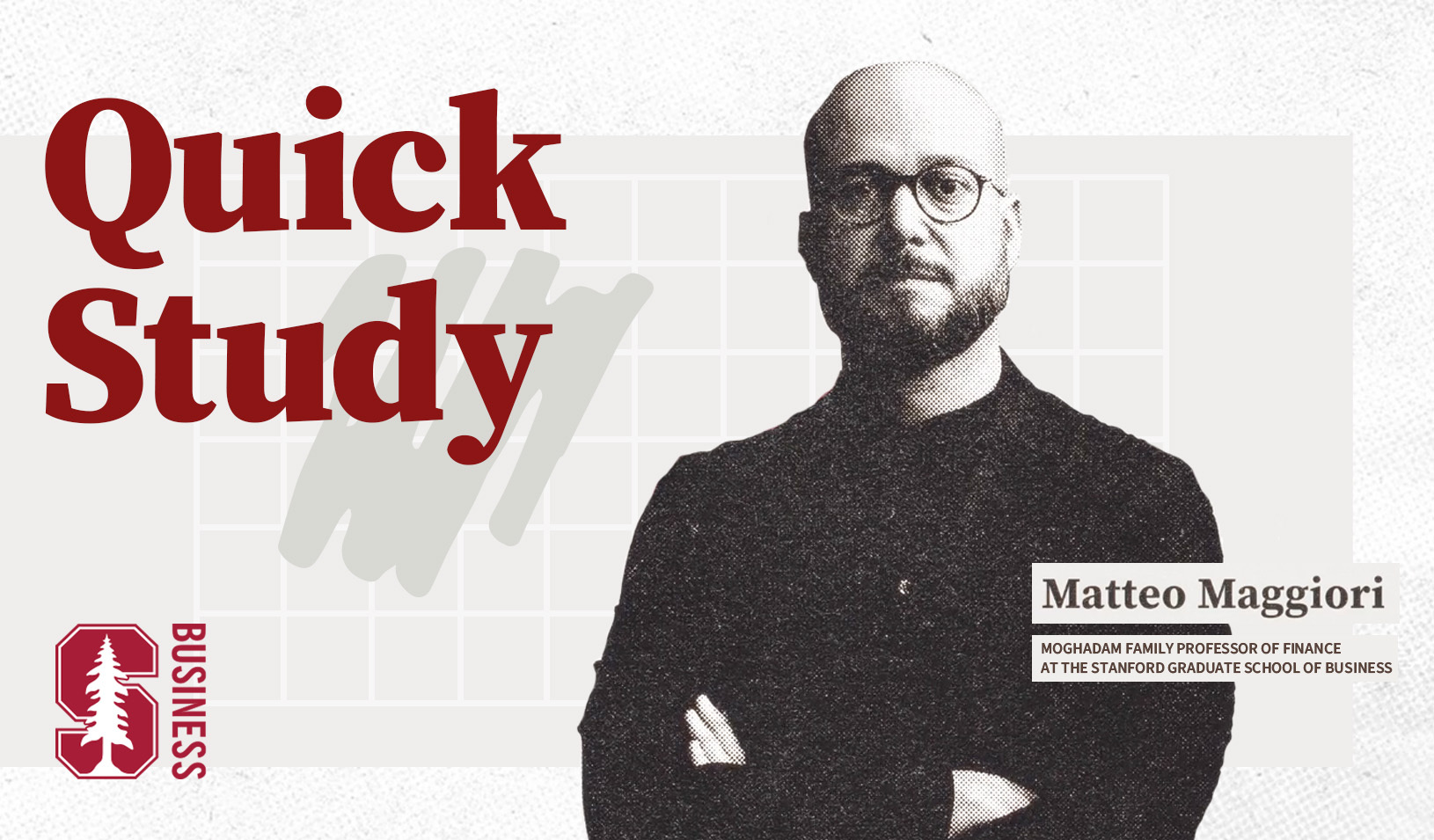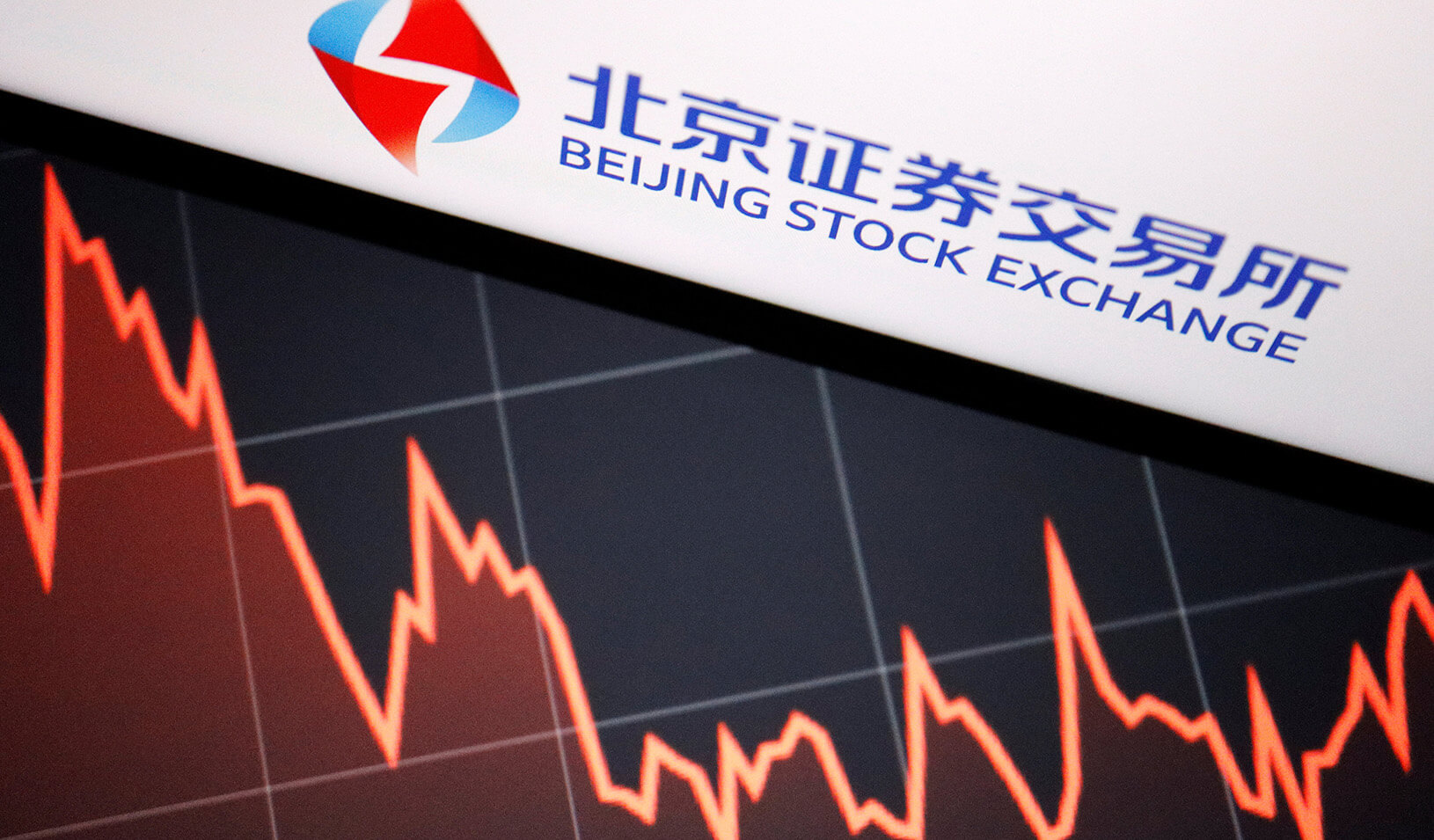
Most of the entrepreneurs who receive money from Leung’s firm retain large ownership shares in their companies “because they really bootstrap,” she says. | Amanda Kho
The family news from Southern China wasn’t good. Nisa Leung’s distant uncle had liver cancer. “We were looking all over for good therapeutics for him in China, but there weren’t many,” says Leung, who graduated with an MBA from Stanford Graduate School of Business in 2001.
At the time, the Hong Kong-based venture capitalist was working at a U.S-based venture capital firm and “thought it would be great to bring in some U.S.-based medical technologies to help all these Chinese patients.” She quit her job and started a company distributing cancer treatments and medical devices in China.
Seventeen years later, she’s a managing partner and lead health care investor for Qiming (pronounced Chi-ming) Venture Partners, with offices in Shanghai, Beijing, Shenzhen, and Hong Kong. Qiming manages $4 billion in assets and investment in more than 270 companies.
Prior to joining Qiming in 2006, Leung was cofounder of Biomedic Holdings, with operations and investments in medical devices, pharmaceuticals, and health care services in China. Before that, she was a venture partner at PacRim Ventures in Menlo Park and with Softbank/Mobius Venture Capital in Mountain View.
Leung, who currently sits on the boards of at least nine health companies, was named Venture Capital Professional of the Year by Asian Venture Capital Journal in 2017. That same year, Qiming created its first U.S. fund and set up offices in Seattle, Boston, and Palo Alto.
What sort of value are you looking for when you consider funding a Chinese health company?
We look on the macro side. We’re always thinking, “Why are we still using these 30- and 40-year-old drugs? Why are we using these diagnostic tools that have a 50% accuracy rate? Can we develop drugs or diagnostics in China that have a much better efficacy at a cheaper price and with cheaper development costs?” It’s really about investing in opportunities where we feel there’s a big empty space that needs to be filled and then looking at the entrepreneurs, the management team, the structure. The products are important as well, but I think in the last 10 or 15 years it’s been all about investing in the Genentechs of China, the GEs of China, where the whole space is empty and there are lots of comparable products in the U.S., Europe, and Japan. There’s not a lot of innovation coming from China yet, but it’s slowly changing.
And Qiming also got into the game early, right?
We’re very fortunate to have identified this sector as an opportunity when we did. Through the years we were able to build up a tremendous network of entrepreneurs and people in the field. So it’s easy for us to make a phone call to the country head of a big pharma firm and ask for a reference check. The fundamental network we’ve built up is strong. As a result, many entrepreneurs like to join our ecosystem of health care companies. We’re fortunate to have that reputation.
Are there challenges unique to investing in startups in China, and what advantages do you think you bring to that mission?
That’s the thing about doing business in China. It’s the Wild, Wild West, but we’re exploring new ground all the time. What was very useful to me was that I’d already gone through the red tape, the bureaucracy, the difficulty of hiring from multinationals for jobs in China. So the ability to talk to the government and understand what is happening in their world makes a huge difference. The majority of VCs do not have deep operating experience in China, and definitely not entrepreneurship experience.
Are there differences between investing in China and the U.S. that American investors might find unfamiliar or even startling?
How the entrepreneurs behave is very different. Most of our companies, our entrepreneurs still own a good part of their company because they really bootstrap. And by the time they go public, they own a lot more of their company than founders in the U.S. We almost never replace a CEO or a founder in China, whereas in the U.S., the VCs regularly replace founders and bring in professional CEOs. Because of this, we also work very closely with the founder in a long-term way and our relationship is very close. And of course, we don’t see as many serial entrepreneurs.
Do you have specific red flags that make you pass on potential investment opportunities?
We’re always looking for companies that want to make a difference. If we ever detect an entrepreneur who wants to make a quick buck, to take the company public and get out, that’s not the type of business we like to invest in. As a case in point, there’s a company that recently made a lot of news about children’s vaccines in China. I looked at that company and decided to pass because of the quality of the products and reputation of the chairperson, and also the questionable transfer of state-owned enterprise assets to a private company. But I still believe we need to have a Chinese vaccine company that can develop world-quality children’s vaccines. China can’t afford the imported products, but Chinese drug companies don’t have the ability to develop world-class vaccines at a reasonable price. So what to do?
What did you do?
We decided to invest in a company called CanSino, which stands for Canada and China. The four founders were senior executives at American and Canadian vaccine plants. Their lives were very cushy, but they wanted to do something for their home country. So they moved back to China and started this vaccine company. Right now they’re conducting clinical trials on 7 of the top 10 children’s vaccines. It’s the first time a company has ever developed a whole suite of children’s vaccines with no live virus in them. It’s very exciting.
What other type of health care companies are you backing?
All along I told people that it’s very difficult to invest in mobile health in China the way they do in the U.S., because the health care systems in China and the U.S. are so different. But we did invest in a couple of mobile health companies, including one called WeDoctor. Many people who use mobile health are from rural areas with no doctor access.
That seems tailor-made for the Chinese market.
The year before we invested, WeDoctor booked 100 million doctor appointments in China. They received the first internet hospital license in China and probably the world [to book appointments, do follow-up consultations, prescribe drugs, and operate physician-staffed clinics]. Three years later, it’s now the largest internet hospital in China. As of April of this year, WeDoctor was seeing 70,000 patients a day through its internet platform. It’s a very good way to reach people throughout the entire country. That’s the kind of thing we’re really interested in investing in — companies that can make a huge difference.
Any particular Stanford professors that you found to be particularly influential as you advanced through your career?
I just had lunch with one of them in the Bay Area a couple weeks ago. John Glynn, the CEO of Glynn Capital, was one of the first-generation VCs in Silicon Valley, and he taught an entrepreneurship and venture capital class for many years at Stanford GSB. He shared with us the history of venture capital and talked about how he evaluated different companies and what he considers important. What he said was so helpful and gave us a basis for thinking. I am very appreciative of his teaching and continue to practice what he taught us.
For media inquiries, visit the Newsroom.






